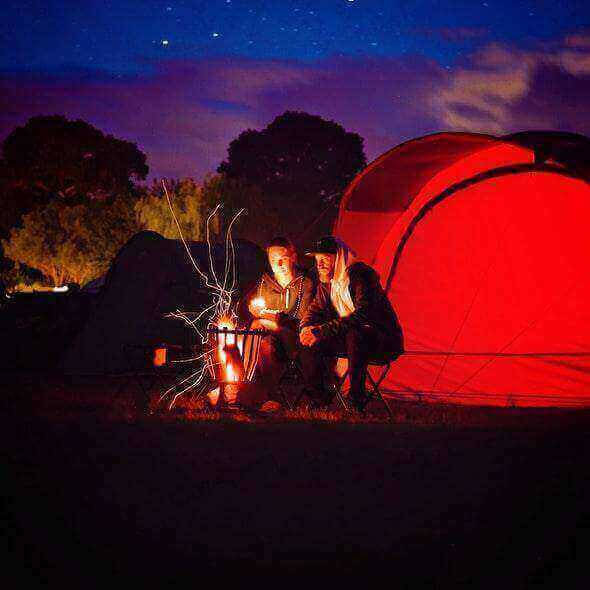Camping, like everything we do as humans, has an impact on the environment. You'll need camping equipment before you travel to the mountains. Before you go, it is best if you make some smarter choices with your gear.
In this article, we will run you through the ways you can minimise your impact on the environment and make your camping trip a more sustainable one.
Your Choice in Tents
If you decide to purchase a tent, invest in higher-quality camping equipment that will last you for decades.
All lightweight and contemporary tents contain nylon or polyester materials with waterproof plastic coatings. Cotton-canvas tents without plastic waterproofing are still available if you're car camping and don't mind a big tent.
Most tents come with minor repair kits, and you may purchase them from a camping store, so don't throw them away if you have a hole.
Go For Practical Sleeping Bags and Mats
Sleeping bags and mats are essential adventure gear. Most sleeping bags are constructed of nylon or polyester, which are water-resistant textiles.
Some include down filling, which is biodegradable after you're done with it and provides more warmth for less weight, but if you're allergic to feathers or don't like how it's farmed, you might not enjoy it.
Down isn't always feasible while overnight trekking in rough terrain. When mountaineering, synthetics are preferable to down since down can clump and become less warm when wet.
You can acquire a lightweight cotton or silk bag liner that you can readily clean if you borrow or lease a bag and feel uncomfortable about it. Avoiding synthetics and plastics in camping beds is difficult, so seek high-quality options that can last years.
If you're vehicle camping, you can bring part of your usual bedding rather than buying a new set that you'll only use once or twice.
Bring Some Gas Cooking Equipment
You'll need some lightweight cooking equipment if you're hiking for the night. Choose gas or liquid fuel cooking equipment to avoid destroying the environment by felling trees. Even cooking with fallen branches has an impact on the environment.
A small liquid-fuel cooker may also serve as a plate and bowl, decreasing the amount of equipment you need to transport and use. Always choose more ecologically friendly detergents while going into the bush, and never wash with soap in a river or stream.
Have Your Meals Planned
Plan out your camping meals ahead so that you only bring what you know you'll eat. You may cook muffins and biscuits ahead of time instead of buying pre-packaged meals. You can also bring fruit and veggie slices.
Freezing a large stew or curry ahead of time is an excellent way to bring a beautifully prepared dinner that also serves as an ice block in the cooler.
Bring Some Firewood with You
Bring some wood with you if you're camping in an area where campfires are permitted, so you don't have to crash in the bush and ruin an animal's habitat.
Don't burn your trash because the cardboard and plastic can emit hazardous gases, and the ash left over contains plastics and toxins. Also, always adhere to fire regulations and ensure that campfires are completely cold before leaving.
Conclusion
Camping is an activity that many people across the world enjoy. It's not only a great way to spend time with your family and friends, but it's also a great way to get back in touch with nature and appreciate its beauty. However, it can also have an impact on the environment. With these tips, you can make your next camping trip more sustainable.
Are you looking for adventure stores in Melbourne to equip you for your next trip? Adventureco provides the best and most sustainable outdoor brands. Check out our collection today!


